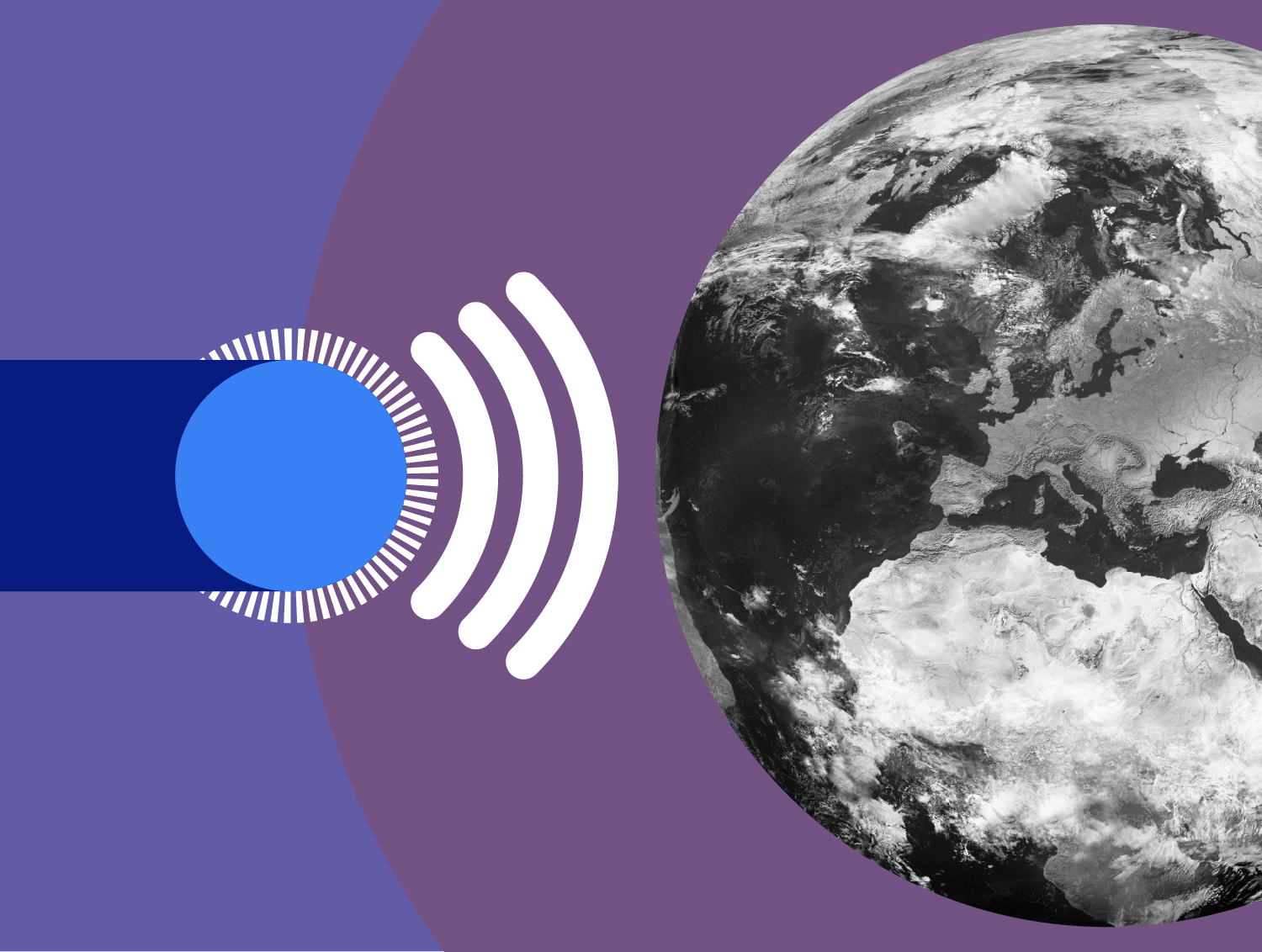591 tulosta löytyi
Skip results of view Uutiset

On 12 April 2024 from 10:00 to 11:30 CET , join us for the webinar on ‘Personal data management and altruism: how and when are individuals empowered to make data sharing decisions?’. Building upon the foundation laid in our previous webinar, this second session in our series exploring data governance delves deeper into the intricacies of the Data Governance Act (DGA) and its profound implications for data sharing control, contrasting with the Open Data Directive . This webinar is designed to provide comprehensive insights into the legal framework introduced by the DGA, with a specific focus on

The open data platform for French public data stands as France's cornerstone for open data, fostering transparency and innovation in public services. Launched in 2011 by the Etalab mission and operated by the Interministerial Digital Directorate , this platform democratises access to diverse datasets, promoting collaborative data use and citizen engagement. The French open data portal caters to data producers, re-users, and citizens alike. It empowers producers to share data transparently, enables re-users to access and utilise diverse datasets, and provides citizens with a gateway to explore
On 22 March 2024, from 10.00-11.30 CET, the data.europa academy hosted the webinar ‘ Data sovereignty & data governance: how can data holders stay in control?’, marking the beginning of a series on the Data Governance Act (DGA). This first session delved into the DGA's legal framework, aiming to enhance data sharing in a secure and granular way, and explored the contrasts with the Open Data Directive . The webinar explored new institutional strategies for data sharing among organisations, both in business-to-business and administration-to-business contexts. With the introduction of the DGA

The Digital Markets Act (DMA) is a regulatory framework aimed at ensuring fair competition and protecting the consumer in the digital economy, particularly by imposing specific obligations on large online platforms designated as "gatekeepers". These include facilitating interoperability, providing access to user-generated data, and ensuring transparency in advertising practices. As of March, the designated gatekeepers , including Apple, Alphabet, Meta, Amazon, Microsoft, and ByteDance, are required to comply with the DMA requirements. These platforms, having significant market influence, must

On Friday 15 March 2024, Data.europa Academy hosted the webinar ‘ Data spaces: experiences from the European Green Deal’ which gave an overview of the critical intersection between sustainability and data sharing. The webinar, featuring an expert on the Green Deal Dataspace programme, delved into the imperative need for a holistic approach to sustainability, emphasising the significance of common European data spaces as catalysts for achieving ambitious environmental objectives. At the core of the discussion was the Green Deal Dataspace (GDDS), an initiative designed to serve as an open

Today we celebrate the International Day of Happiness , a global initiative dedicated to promoting joy, well-being, and compassion. Instituted by the United Nations, this annual observance underscores the significance of happiness in individuals' lives and encourages collective action to enhance happiness and well-being across communities and societies. Since it was established in 2013, the International Day of Happiness has grown into a widespread movement, engaging millions worldwide in activities aimed at fostering happiness and well-being. Emphasising happiness as a fundamental human right

Energy stands out as one of the most sought-after data domains on data.europa.eu, largely due to its significant implications in the power and environmental sectors. As global awareness of issues like climate change and renewable resources continues to grow, governments worldwide are increasingly focusing on energy data, introducing directives and targets aimed at enhancing energy efficiency. A significant initiative in this regard is the European Union Renewable Energy Directive , designed to promote the use of renewable energy across Europe by leveraging energy data. This directive sets

Copernicus is the Earth observation arm of the European Union's Space programme . It plays an important role in advancing modern science, focusing on enhancing the lives of citizens. This impact extends not only to Europe but also around the globe. Managed by the European Commission and in collaboration with various partners including ESA and EUMETSAT , Copernicus harnesses data from satellites and ground-based systems to provide valuable information services. This initiative, named after Nicolaus Copernicus , the European scientist who revolutionised our understanding of the cosmos, embodies

The impact of open data has long been a subject of interest, with studies aiming to quantify its contributions to the economy and society. However, a comprehensive understanding of open data’s impact has remained elusive, prompting a recent study to focus on developing a clear definition of the impact, incorporating structured methods and indicators. This study emphasises that clearly defining what is measured is essential for accurately assessing the true impact of open data. Conceptualised around the open data value chain, the report ‘ Indicators for an Open Data Impact Assessment ’ examines
On 15 March 2024 from 10:00 to 11:30 CET , our webinar on ‘Data spaces: experiences from the European Green Deal’ is set to provide valuable insights into the role of data spaces in advancing sustainability within the European data economy. Attendees will have the opportunity to gain insights from experts of the Green Deal Dataspace on its current state of play, lessons learned on building data spaces, best practices, and challenges faced in this endeavor. The European Green Deal provides a plan for Europe to reduce net greenhouse gas emissions by 55% in 2030 and to become a climate-neutral
